Book your appliance repair today!
We work 24/7, so you can be sure of fast service. What’s more, our washing machine technician are trained to repair all makes and models, we have the experience to solve any problem.
Book online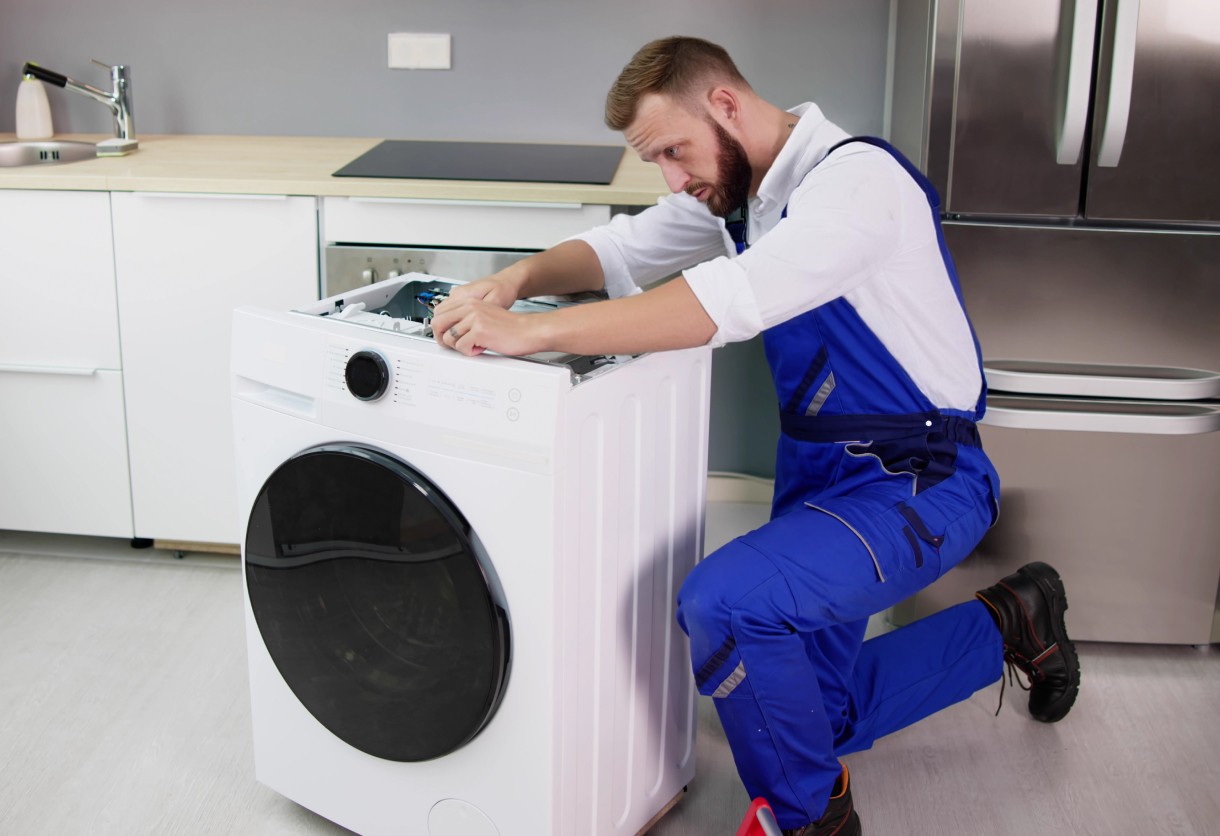
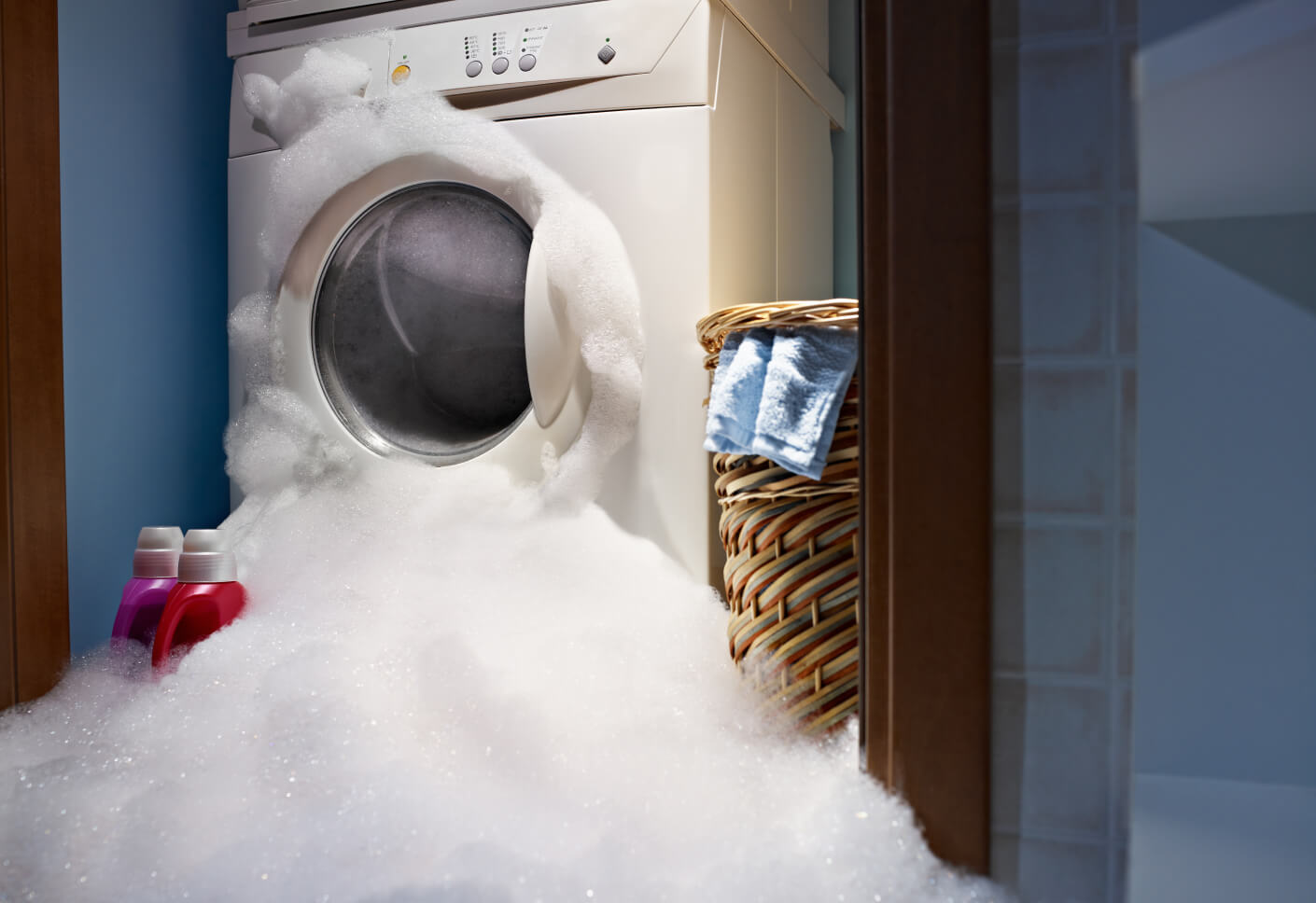
If your washer is leaking water, it’s important to take action quickly. The excess water will damage your laundry room and potentially other parts of your home and lead to electrical hazards if left unresolved. Fortunately, there are 6 common causes for a washing machine leak that you can fix on your own with the right tools and supplies.
Sometimes the problem may be a faulty drain hose. The drain hose is located in the back of the machine and is usually grey. Over years of usage, the hose might wear out, thus causing some holes to appear. As a result, water will leak every time the unit drains.
To inspect whether this is the cause, unplug your washing machine. Check for any visible damage or deterioration to the hose itself, which could be causing it to leak. If you find it torn or damaged, replace it with a new one of a suitable size and material for your washer model. Read up on installation instructions specific to your model, as some require special fittings for maximum efficiency and safety.
A broken drain pump is another reason for a washing machine leaking from the bottom. This part of the washer expels water from the drum and into the drain hose after each load. If it has become blocked, worn or damaged due to age, then it can cause water to leak.
The best way to diagnose whether this is the cause of the leak is to call an expert. If an experienced technician finds that it is a faulty pump, they can advise you on the best course of action – either replacing it or repairing it – so that your washer can function properly again.
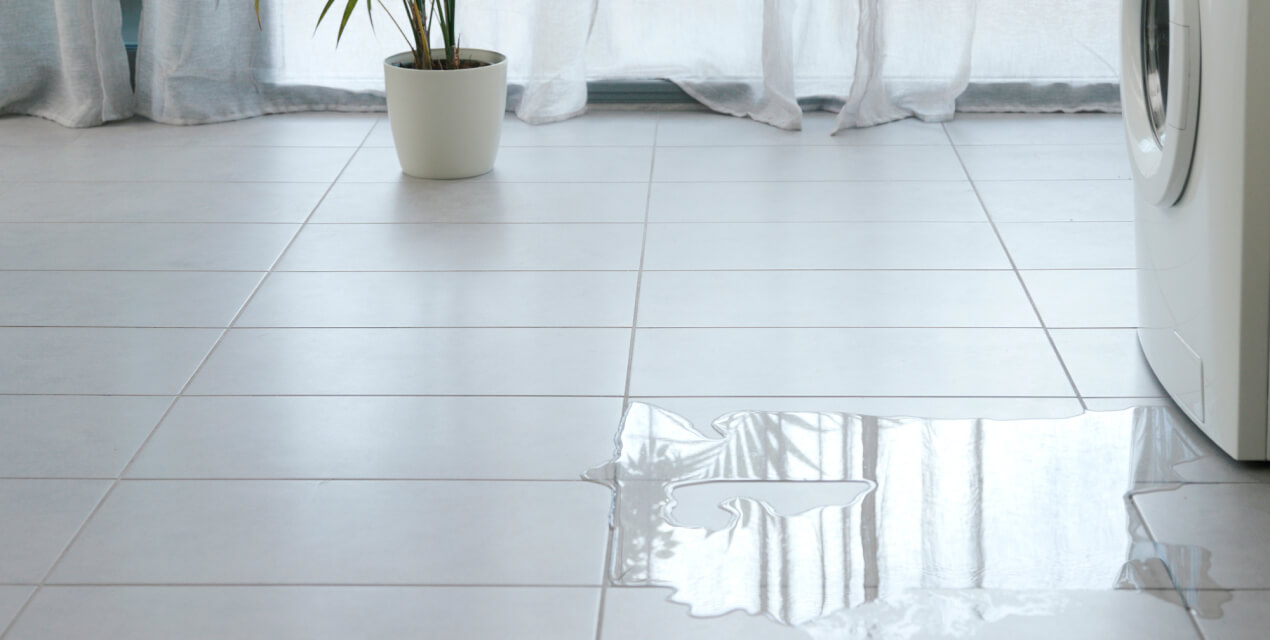
An unleveled washer can be a source of water leaks. If your appliance is not level, the internal pressure created by spinning clothes can cause the machine to move and tilt slightly. This shift in angle causes a gap between where the drums meet and may result in water leaking out from that area. It is important to check for proper levelling on all sides of the washer before use. You should also check your flooring for any warping or unevenness that may be causing uneven pressure on one side of the machine.
In addition, if you have an older washing machine model, it may need additional fixings or reinforcements to prevent it from moving out of position during use. Ensure that your washing machine is levelled properly to help reduce unnecessary wear and tear and prevent water leaks.
The problem with the door seal is a common cause of a leaking washing machine. The door seal prevents water from escaping when the washer is in use. Over time, it can become worn out and crack over time, allowing water to leak. If this happens, replacing the seal as soon as possible is important to prevent further damage.
Furthermore, if your machine does not have an automatic self-cleaning cycle for its seals, it’s important to regularly inspect them and clean them out manually with a damp cloth on a regular basis.
Detergent particles can accumulate in hoses, valves and pumps, clogging them up and causing water to leak. As water runs through the washer, it carries some detergent residue that accumulates in different parts of the machine as time passes. The accumulation of this residue will eventually lead to blockages in certain areas and ultimately result in leakage from your washer’s hoses or valves.
To prevent this, you should regularly clean out your washing machine with a vinegar solution and then run an empty cycle to flush away any remaining detergent or suds residue. Additionally, make sure that you only use the recommended amount of detergent when doing laundry, as using too much will also contribute to increased buildup within your machine’s system.
Faulty inlet valves can cause a leaky washer, usually from the back or side of the machine. The inlet valve controls the flow of hot and cold water into the washer tub. If it’s damaged or not functioning properly, more water than necessary can enter the tub and cause a leak.
In order to fix this problem, you will need to replace or repair the inlet valve. Be sure to shut off all valves leading into your washer before attempting any repairs. Make sure that you purchase an identical replacement for your current inlet valve, and keep in mind that you may need additional hardware, such as nuts and bolts, which are not included with most new valves. If properly installed, a new or repaired inlet valve should stop leaking from your washer altogether!

We work 24/7, so you can be sure of fast service. What’s more, our washing machine technician are trained to repair all makes and models, we have the experience to solve any problem.
Book online
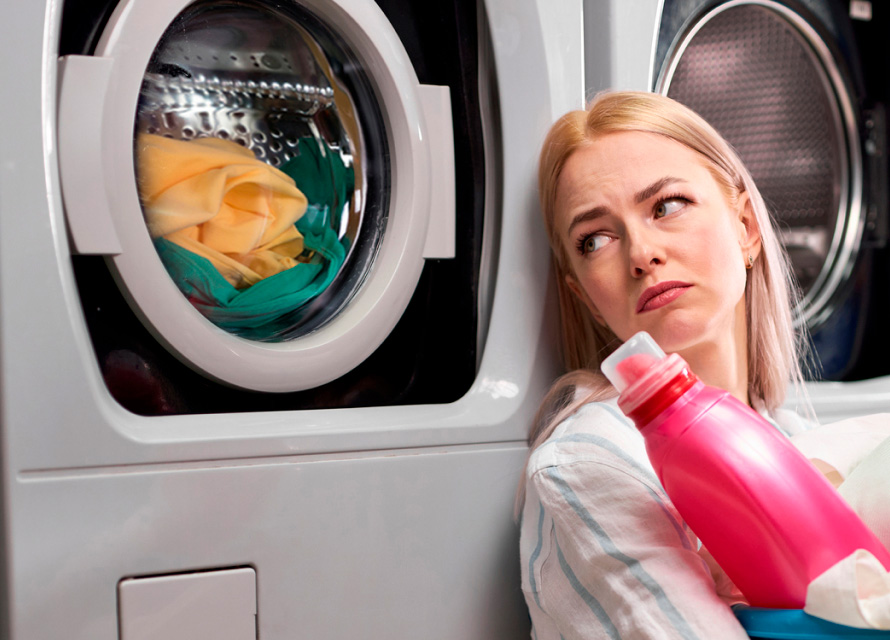
Fix a non-spinning Samsung washer by following these troubleshooting steps for a quick solution.
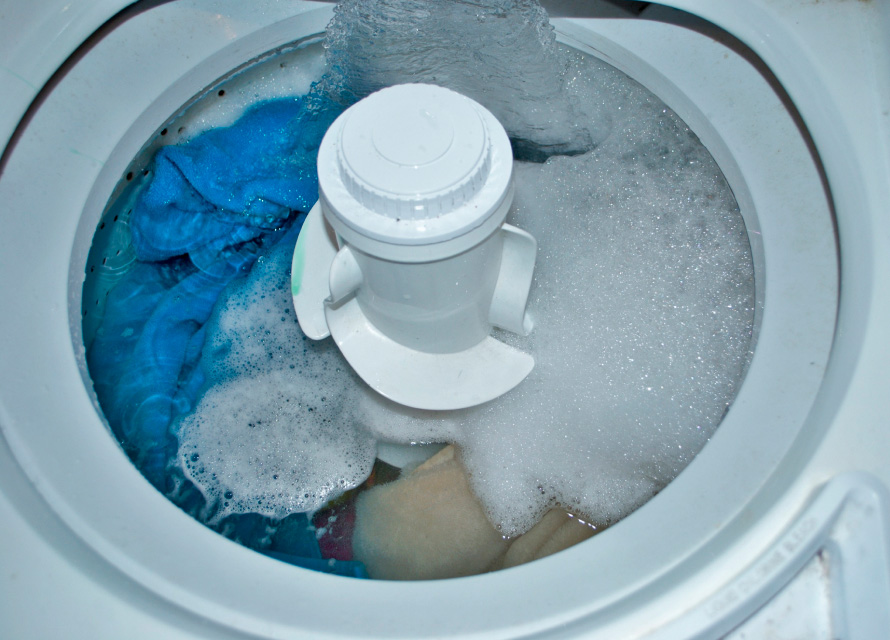
Learn how to fix your Samsung washer if it’s not draining properly with these helpful steps.
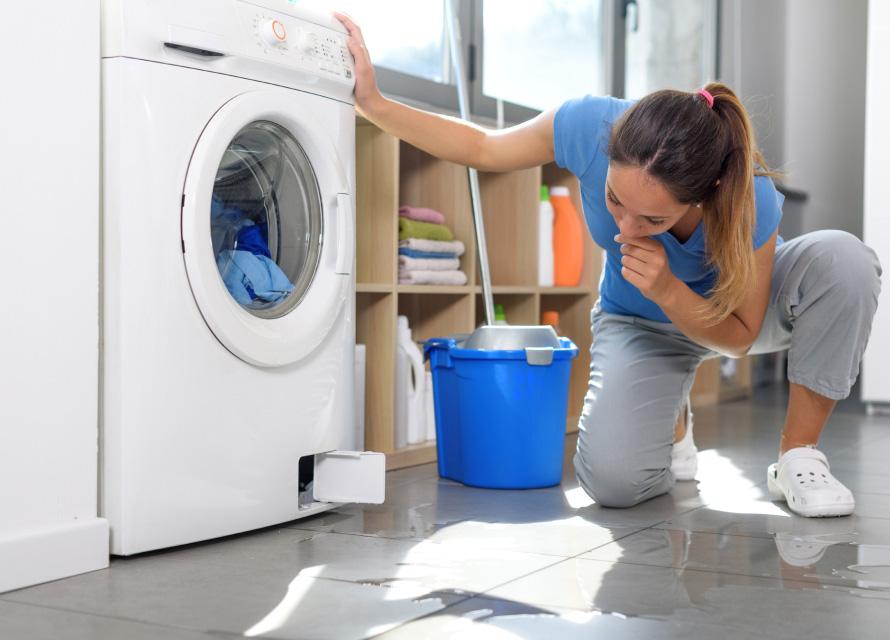
Fix a bottom leak in your Samsung washer with these easy-to-follow steps to prevent further damage.